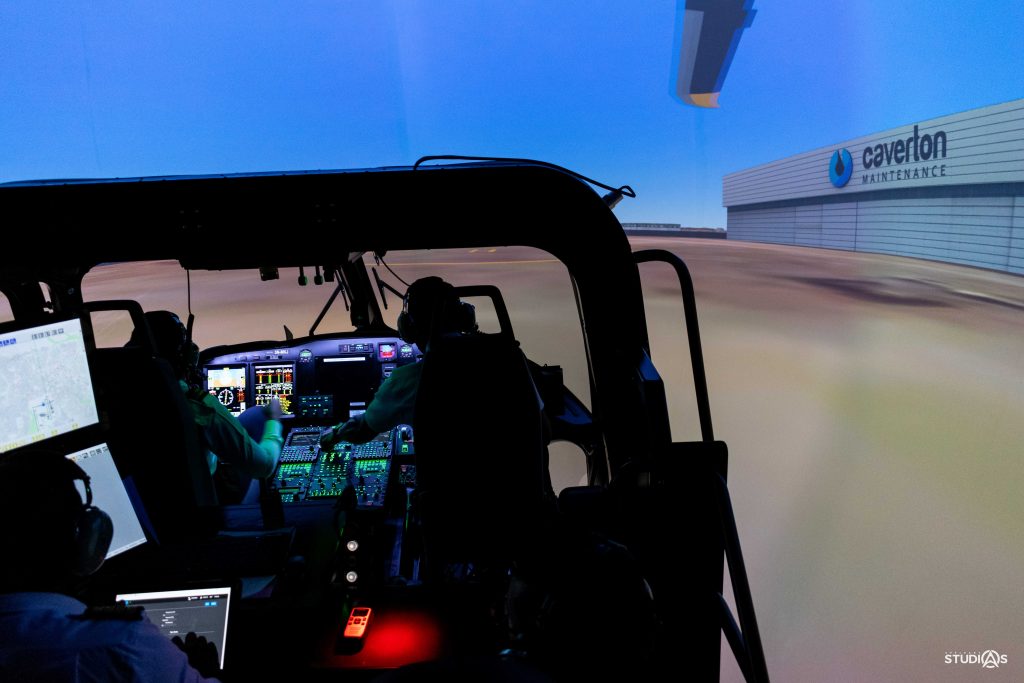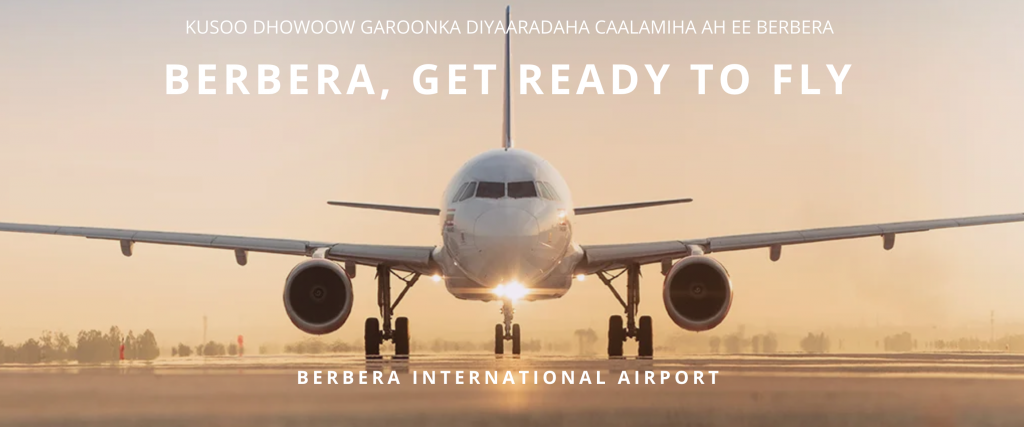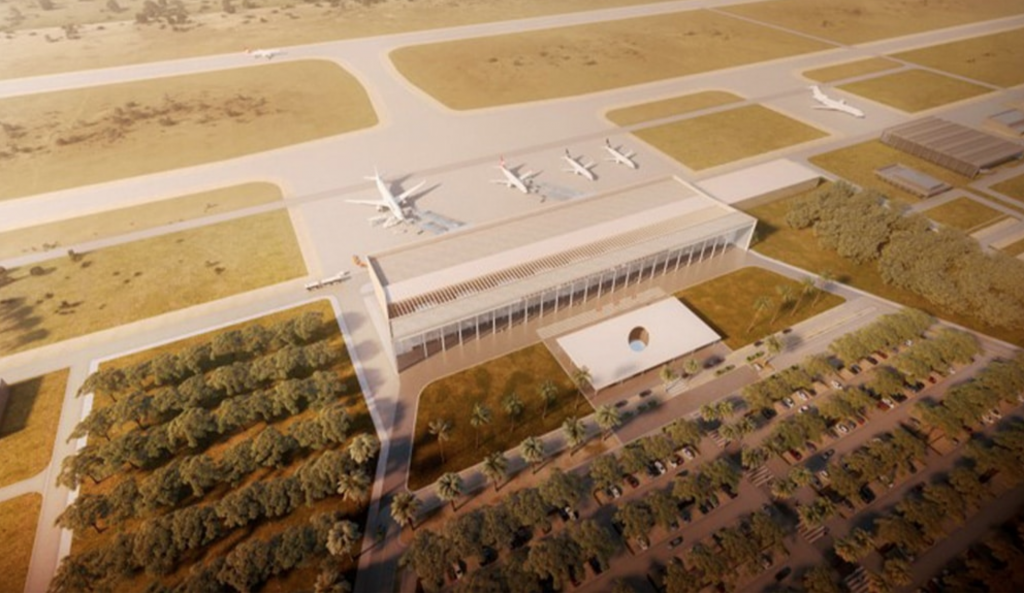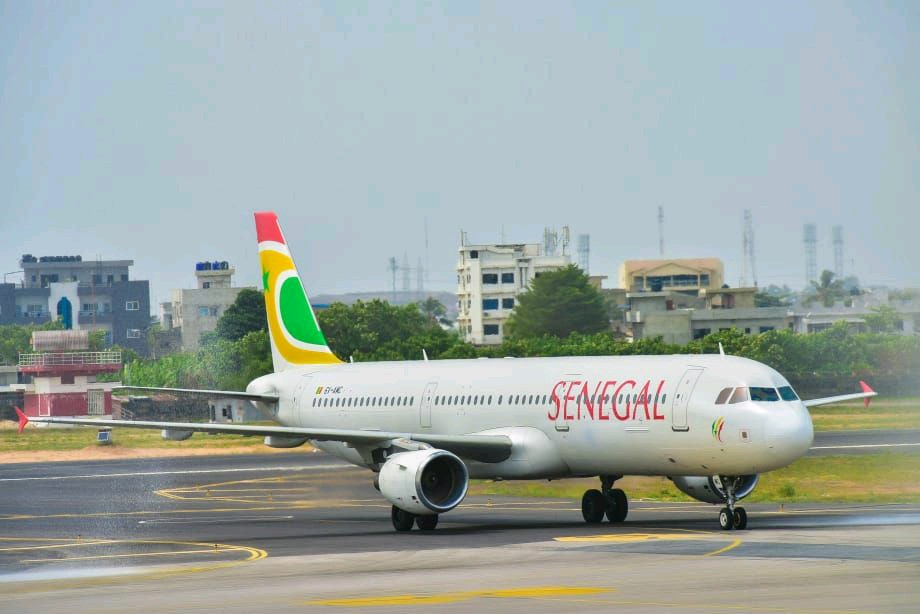Aviation

Caverton adds second simulator to Africa’s leading aviation training center
The Caverton Offshore Support Group (COSG) Plc will install, operate, and maintain an AW109 FNPT II MCC simulator purchased by Global Aviation Training & Maintenance (GATML) at its aviation training center in Lagos. The new simulator is equipped with a spherical visual system, 4 axis electromagnetic vibration system and an Entrol Mission Package, which includes hoist control for SAR mission and an external mirror, among other equipment. It will be available at the Caverton Aviation Training Center (CATC) in Lagos, which already operates an EASA-certified Level D AW139 full flight simulator, Africa’s first level D helicopter simulator. With this second simulator, the Caverton Aviation Training Center (CATC) will improve its range of training devices while reducing operational costs and increasing the safety of its clients’ pilots. “We are excited to introduce this Entrol AW109 FNPT II to our growing number of training devices in Nigeria and West Africa as a whole. The advent of Covid 19 opened our eyes to the fact that there is a huge void in training establishments and particularly access to training simulators. The need for affordable and accessible training is long overdue in West Africa and we are delighted to work with Entrol in making this a reality,” said Mrs. Lolade Abiola, accountable manager at the Caverton Aviation Training Center (CATC).
Read more »
Berbera International Airport officially opens after successful renovation by the UAE
The Berbera International Airport has officially opened its gates on November 20th. First built in the 1970s by the Soviet Union, the airport was in dire need of renovation and new equipment. While the airport got a new terminal in 2015, its redevelopment and modernization really started in 2020 when the Berbera International Airport Company (BIAC) took over the facility. The renovation works were carried out by Dubai-based company Transport Infrastructure Services Limited (TISL). The United Arab Emirates (UAE) had previously announced its plans to restore the Berbera Airport in 2019 after a six-day visit by Somaliland president Musa Bihi to the United Arab Emirates. Ethiopian Airlines will start scheduled flights at Berbera International Airport every Tuesday, Thursday and Saturday as of December 2nd this year. The UAE remain Somaliland’s biggest investment partner and are also invested in the development of the Berbera Port to turn the city into a gateway to Somaliland. Last month, DP World partnered with the UK’s CDC Group to support the modernisation and expansion of ports and inland logistics across Africa, starting in the ports of Dakar (Senegal), Sokhna (Egypt) and Berbera (Somaliland).
Read more »
Meridiam signs $250m Concession Agreement for Burkina Faso’s Donsin-Ouagadougou Airport
Earlier today, Meridiam signed a 30-year concession agreement with the State of Burkina Faso for the conception, construction, financing, operation and maintenance of a new international airport 35km northeast of Burkina Faso’s capital Ouagadougou. The project is now progressing towards financing close. The engineering and construction works are expected to start at the end of 2022 and last for about 30 months. Meridiam has partnered with Aéroport Marseille-Provence (AMP) as a technical partner under a technical assistance contract. AMP will also be a minority shareholder in the special purpose vehicle set up for the project. The project is expected to cost about €220m (over $250m) and represents one of Bukina Faso’s biggest public-private partnership (PPP) initiatives. Once completed, the new Donsin international airport will replace the current Ouagadougou-Taamsê International Airport built in the 1960s and located in the centre of Ouagadougou.
Read more »
Air Senegal’s Ambition to Rival Ethiopian Airlines Unshaken Despite Covid19 Crisis
The Covid-19 pandemic was an opportunity for President Macky Sall to set the tone for Senegal’s ambitions in the air transport sector. Last year, he set up an economic and social resilience fund of CFAF 50 billion to support Air Senegal and all the aeronautical structures affected by the pandemic and its subsequent lockdown. Thanks to strong state backing, the airline was able to weather the storm better than other regional competitors, and even opened a brand-new connection with the United States in September. An airline that lives up to Senegal’s ambitions For Macky Sall, Air Senegal is an essential pillar of the Plan Senegal Emergent (PSE), an ambitious development strategy supporting key projects and infrastructure development over the 2014-2023 period. Launched with an initial capital of 40 billion FCFA (61 million euros) mobilised by the State of Senegal, the flagship company started its commercial operations on May 14, 2018, with the ambition of becoming an enabler for tourism an economic development while further opening up Senegal to the world. “I dream of a company which will be in 20 years the alter ego of Ethiopian Airlines which is a success for Ethiopia”, Macky Sall declared last August, recognising the strong resilience of the Ethiopian company since the start of the global health crisis. Born from the ashes of the defunct Senegal Airlines (2016), the launch of Air Senegal responds to a rigorous and coherent approach based on rational strategic planning by Senegal, its President suggested. “I personally and particularly monitor the development of Air Senegal, one or two days do not go by without me calling the Director General or the Minister […] because I want it to be a success and it is possible. “ Only 3 years after its launch, Air Senegal is obviously well on its way to supporting President Macky Sall’s ambition to make Dakar a hub. The company is staying the course and does not hide its ambitions for growth. Amid the health crisis, Air Senegal continues to expand its service network. It is in fact one of the fastest growing African companies in recent years. Since February, the carrier has opened six new routes: Lyon, Milan, Douala, Libreville, Cotonou and Freetown. Its service map now includes around fifteen cities in fourteen countries in Africa and Europe. But Air Senegal has not stopped there. On September 2nd, the company opened its first trans-Atlantic route to New York and Washington in the United States. It estimates that approximately 42,224 passengers will be carried in the first year of service. To support its growth plan, the government has relied on a modern fleet. Air Senegal expects the first of its eight Airbus A220-300s on order by the end of the year. These are flexible and responsive carrier that will allow operation “with 25% less fuel costs and 17% less maintenance costs,” said Managing Director Ibrahima Kane. The company currently operates 8 aircraft, including two Airbus A330-900neo. It is the first operator of such a carrier in Africa. Brand new infrastructure But the creation of the national company is not an isolated venture. It fits into a broader scheme seeking to democratize air transport across the country, in accordance with the objectives of the PES. Such vision supported the commissioning in December 2017 of Dakar Blaise Diagne International Airport (AIBD), an ultra-modern platform that become the main gateway to Senegal. It has a handling capacity of 3 million passengers, expandable to 10 million. In 2019, it handled a record 2.5 million passengers, making it into the top 5 busiest hubs in West Africa. AIBD is based on a large land reserve offering the possibility of building a second airstrip when needed. But the success of Air Senegal and of Senegal’s aviation hub plan inevitably depends on the local training of human resources and the domestication of maintenance tasks. “Whenever a company is forced to look for expatriates, pilots or mechanics, a maintenance center elsewhere than at home, it has little chance of being profitable”, Ibrahima Kane insisted, stressing that Air Senegal needs 120 pilots within 3 years. In December, the company signed a memorandum of understanding with AIBD SA for the establishment of a partnership and cooperation framework for the construction of an aeronautical maintenance center at a cost of around 56 billion FCFA (85 million euros). Earlier this month, Air Senegal launched the recruitment campaign for its very first class of cadet pilots and aircraft maintenance technicians. Successful candidates will be trained at the International Academy of Civil Aviation Trades (AIMAC), the new benchmark school set up by Air Senegal in collaboration with the Senegalese Air Force. At the end of a 2-year training course, they will join the airline as airline pilot officers and aeronautical maintenance technicians. Ultimately, Senegal is also aware that the attractiveness of the country – which targets 3 million tourists per year – depends on the development of poles around the seaside, cultural, eco-tourism, ad business sectors. One of the key target of the PSE, in its “infrastructure” section includes the modernization of 13 regional airports for a budget of over 210 million euros.
Read more »